-

email us
lisa@simplewatersofteners.com
-

Call Us
(210) 960-2555
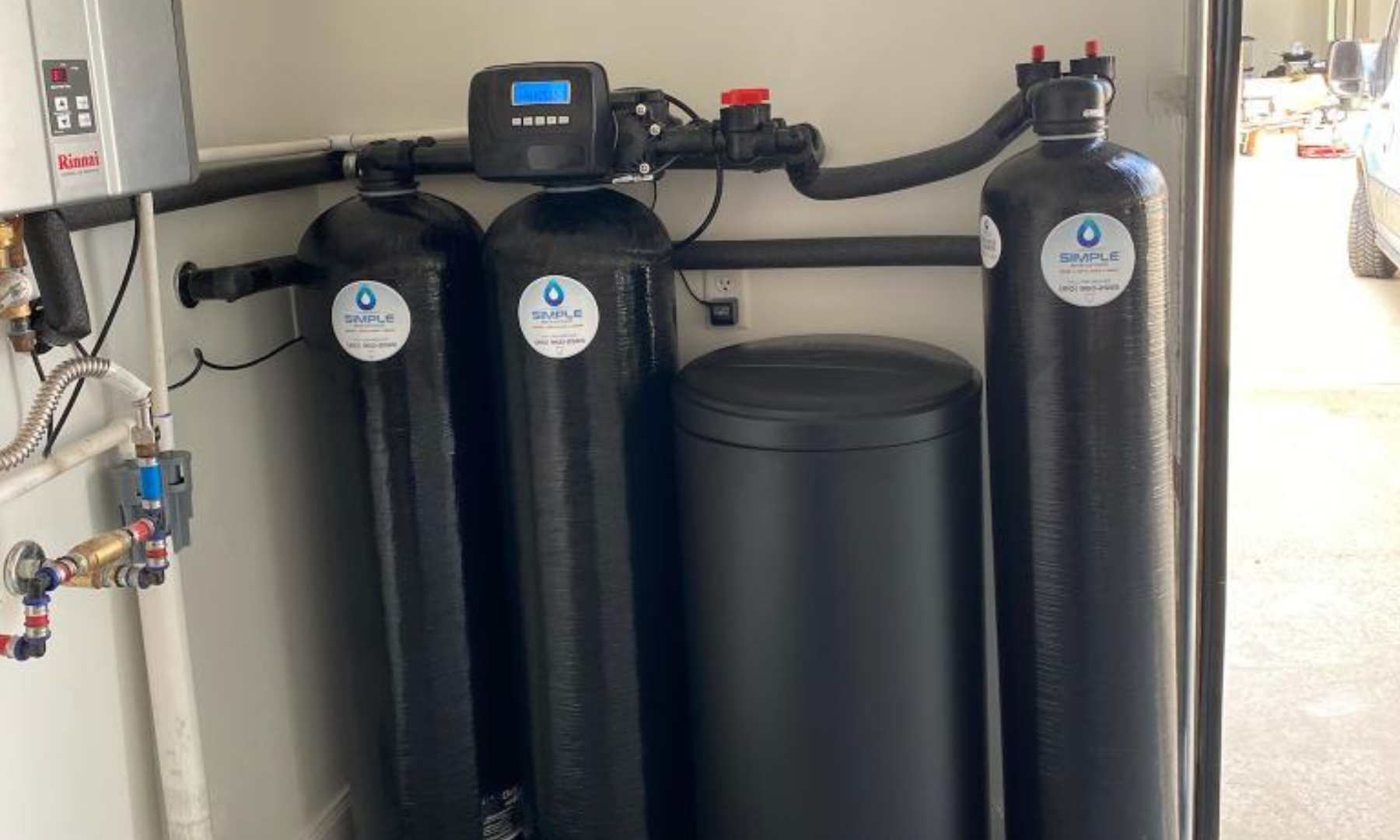
07 Feb. 2025
Signs Your Water Softener Needs Maintenance Before Spring
As winter comes to an end, now is the perfect time to ensure your water softener is functioning optimally before the warmer months arrive. Regular maintenance not only extends the lifespan of your system but also ensures you continue to enjoy soft, high-quality water. Here are some key signs your water softener may need maintenance, along with a checklist to keep it running efficiently.
Signs Your Water Softener Needs Maintenance
1. Decreased Water Softness
If you start noticing soap not lathering as easily, stiff laundry, or water spots on dishes, it could mean your softener isn’t working properly. A lack of softness indicates the resin beads might be saturated with minerals and need regeneration.
2. Salt Levels Are Low
Check the salt levels in your brine tank regularly. If the salt is too low, your system won’t be able to soften the water effectively. Make sure the tank is at least half full and refill it if necessary.
3. Unusual Water Taste or Smell
If your water starts to taste or smell different, it could indicate mineral buildup, stagnant water in the softener, or a malfunctioning system. Regular cleaning and maintenance can help resolve these issues.
4. Changes in Water Pressure
A sudden drop in water pressure may indicate clogging in your softener’s resin bed or brine tank. Routine flushing and cleaning can help restore proper flow.
5. Salt Bridges or Mushing
Salt bridges (hardened layers of salt forming at the top of the brine tank) and salt mushing (compacted salt forming at the bottom) can prevent proper regeneration. If you notice these formations, break them up and remove any compacted salt.
6. System Running Constantly or Not Regenerating
If your water softener seems to be running all the time or not regenerating as expected, it may be due to a faulty timer, control valve, or excessive resin bed saturation.
7. Leakage or Water Pooling Around the Unit
Leaks around the water softener may be due to worn-out seals, loose fittings, or cracks in the tank. Address any visible leaks promptly to prevent damage.
Water Softener Maintenance Checklist
To keep your water softener running efficiently before spring, follow this maintenance checklist:
✅ Check Salt Levels: Ensure the brine tank is at least half full and top it off as needed.
✅ Break Up Salt Bridges: Inspect for hardened salt formations and break them up if present.
✅ Clean the Brine Tank: Empty and rinse out the tank at least once a year to remove sediment buildup.
✅ Inspect the Resin Beads: If you notice a decline in performance, consider replacing or recharging the resin beads.
✅ Flush the System: Run a manual regeneration cycle to refresh the system.
✅ Check for Leaks: Look for any signs of leaks around the unit and tighten connections as needed.
✅ Test Water Hardness: Use a test kit to ensure your softener is effectively removing minerals.
✅ Review Settings: Make sure your softener is set to the correct hardness level and regeneration schedule.
Final Thoughts
Regular maintenance of your water softener ensures your home continues to receive soft, clean water while extending the system’s lifespan. If you notice any of the warning signs above or need a professional inspection, Simple Water Softeners is here to help. Contact us today for expert maintenance services and keep your water softener running smoothly all year long!
- By:Lisa Bauer
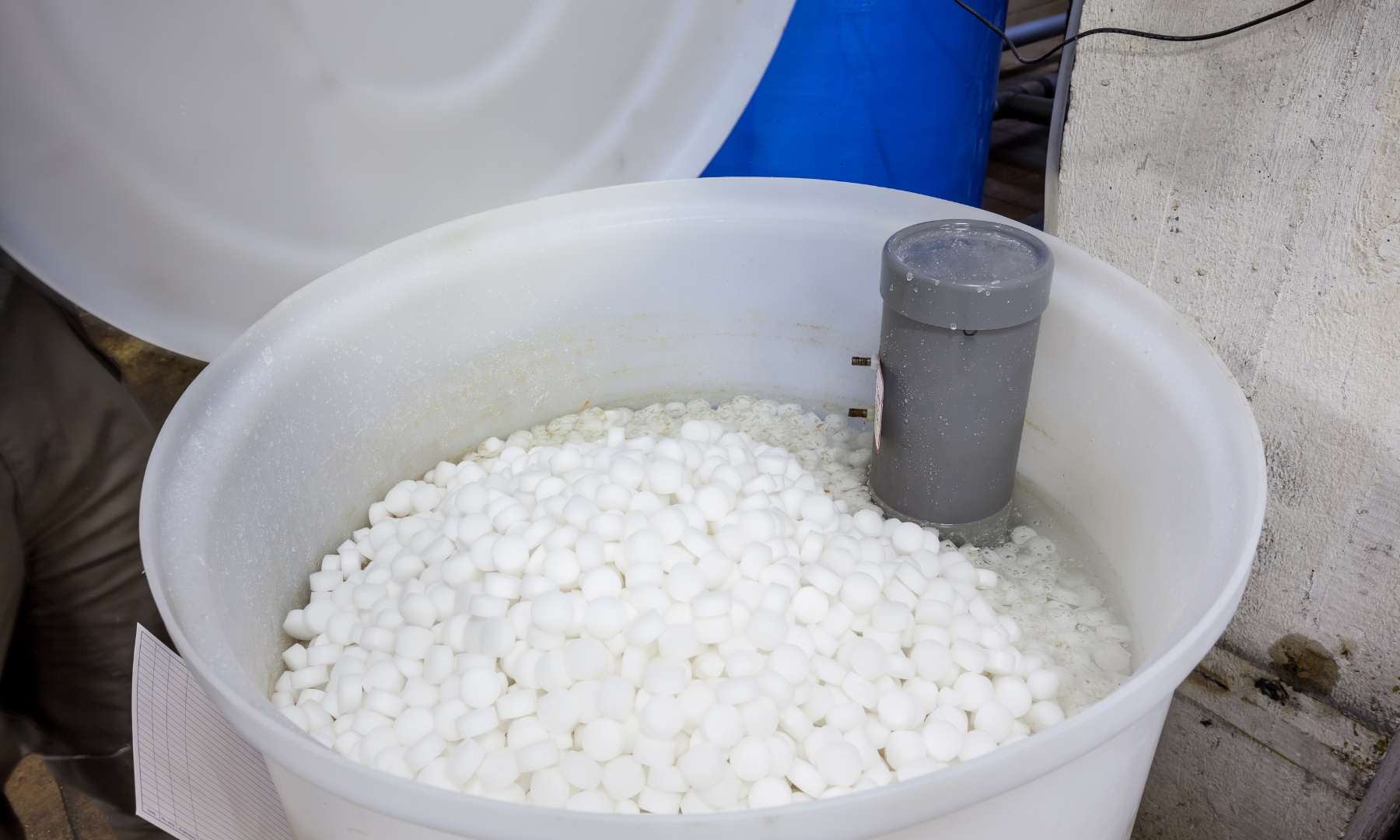
10 Jul. 2024
Most Common Issue When Your Water Softener Isn’t Working
Water softeners have become much easier to troubleshoot than in the past. While repairing a water softener can be challenging, with the right knowledge, you can fix common issues and get your system back up and running in no time.
The Most Common Issue: Salt Bridges
One of the most common issues with water softeners, especially in humid climates, is the formation of a salt bridge in the brine tank. This occurs when salt becomes hard and caked together, preventing it from dissolving properly during the regeneration cycle.
Identifying a Salt Bridge
When you add too much salt to the brine tank, the salt can harden above the water line, forming a bridge. The softener unit regenerates and washes the salt out of the bottom of the tank during the cycle, but the hardened salt above the water line doesn’t fall to the bottom. To check for a salt bridge, gently tap the outside of the tank. If it sounds hollow, a salt bridge may have formed.
Breaking Up a Salt Bridge
Most brine tanks have a plastic plate about six inches from the bottom. Be careful not to damage this plate when breaking up the salt. Here’s how you can break up a salt bridge safely:
- Use a Broomstick: Insert a broomstick or similar object into the tank and gently break up the salt. Avoid poking all the way to the bottom to prevent damaging the plastic plate.
- Hot Water Method: If the salt is particularly stubborn, pour a pitcher of very hot water around the edges of the tank. This will help dissolve the hardened salt. Then, tap around the edges to encourage the salt to fall to the bottom.
- Kick Method: Some people give the brine tank a swift kick to break up the salt bridge. Be gentle to avoid damaging the tank.
For visual learners, YouTube has several helpful videos on breaking up a salt bridge.
Why a Salt Bridge Matters
The water softener unit requires brine water (salty water) to wash the resin during regeneration. This process helps remove calcium from the resin beads, which is then washed down the drain. Without proper brine water, the unit regenerates with plain water, which does not remove calcium from the beads. Consequently, the beads remain full of calcium, and hard water continues to flow into your home.
Manual Regeneration Cycle
After breaking up a salt bridge, manually regenerate the system. Allow the salt and water to sit for about four hours to create brine water. Once regenerated, the cold water should be soft immediately, but it may take a few days for the hot water to become soft again if hard water has been an issue.
When to Call a Professional
If you do not find a salt bridge or the issue persists, it’s time to call a professional. Simple Water Softeners repairs many brands and can help diagnose and fix the problem. Give us a call at (210) 960-2555, and we’ll assist you in resolving your water softener issues.
By addressing these common problems, you can ensure your water softener operates efficiently, providing your home with the soft water it needs.
- By:Lisa Bauer
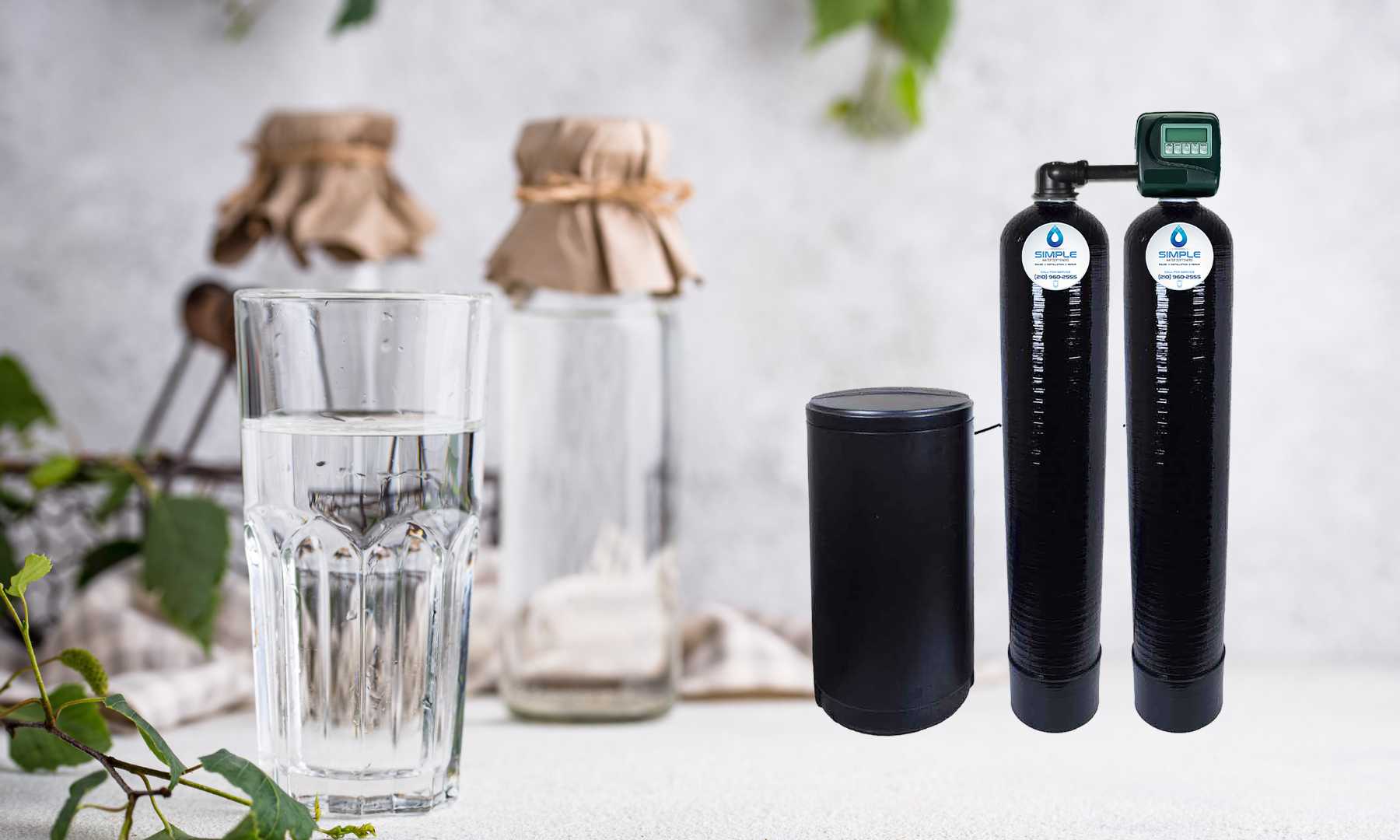
07 Mar. 2024
Spring Into Pure Water: Embrace Whole House Filtration This Season
As spring blossoms, bringing new life and freshness into the world, it’s the perfect time to reflect on the purity and quality of the water in your home. Spring symbolizes renewal and rejuvenation, and what better way to embrace this season than by ensuring your family has access to clean, safe drinking water? Whole House Filtration Systems are the cornerstone of a healthy home environment, filtering out contaminants and providing peace of mind.
- By:Lisa Bauer
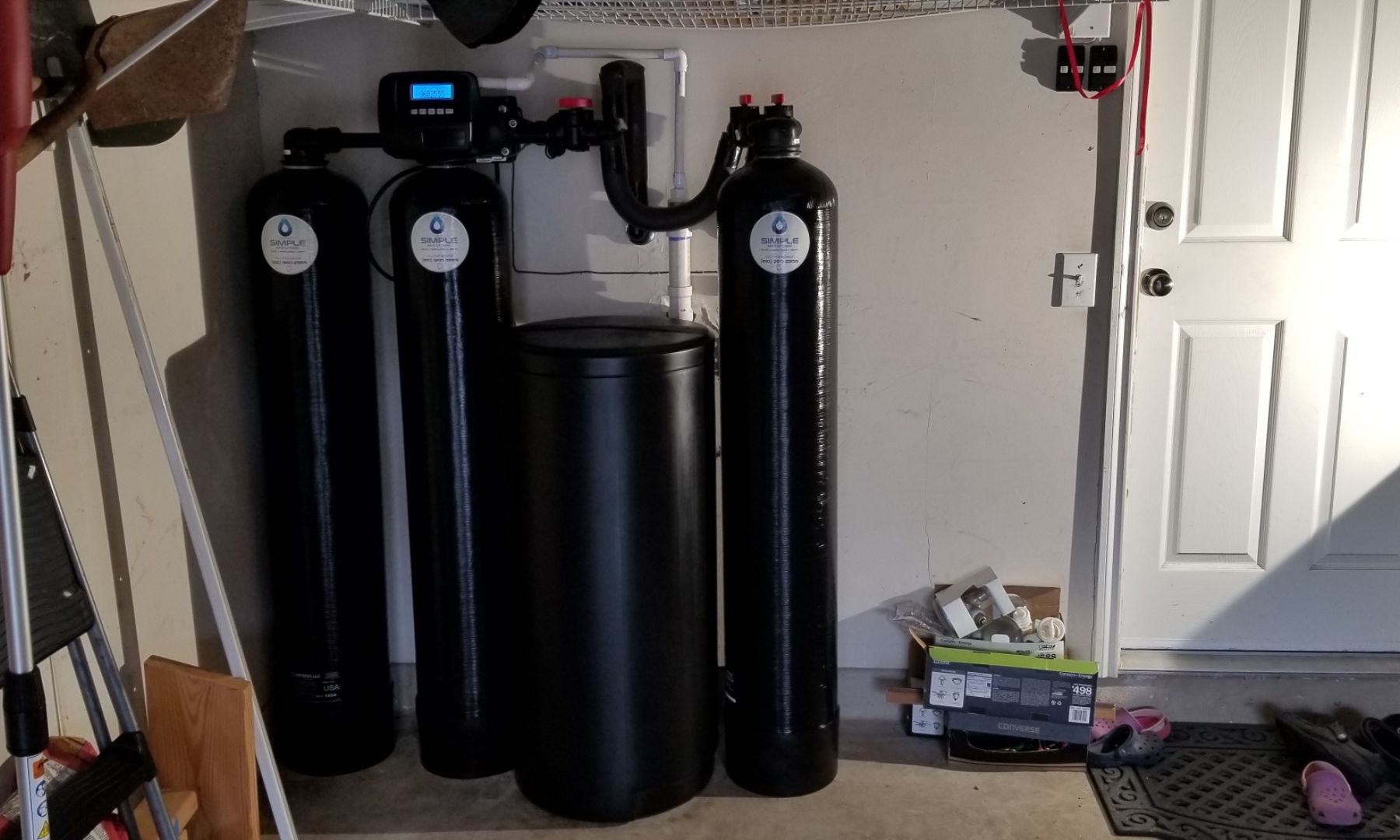
02 Aug. 2023
Whole House Carbon Filters: Enhancing Your Water Quality at Home
A whole house filter with carbon, commonly known as a carbon filter or activated carbon filter, is an effective and popular choice for water filtration in residential settings. Carbon filters work through a process called adsorption, where impurities and contaminants are trapped on the surface of the carbon material. This type of filter can remove a wide range of common water pollutants, making it beneficial for enhancing water quality and taste.
- By:Lisa Bauer
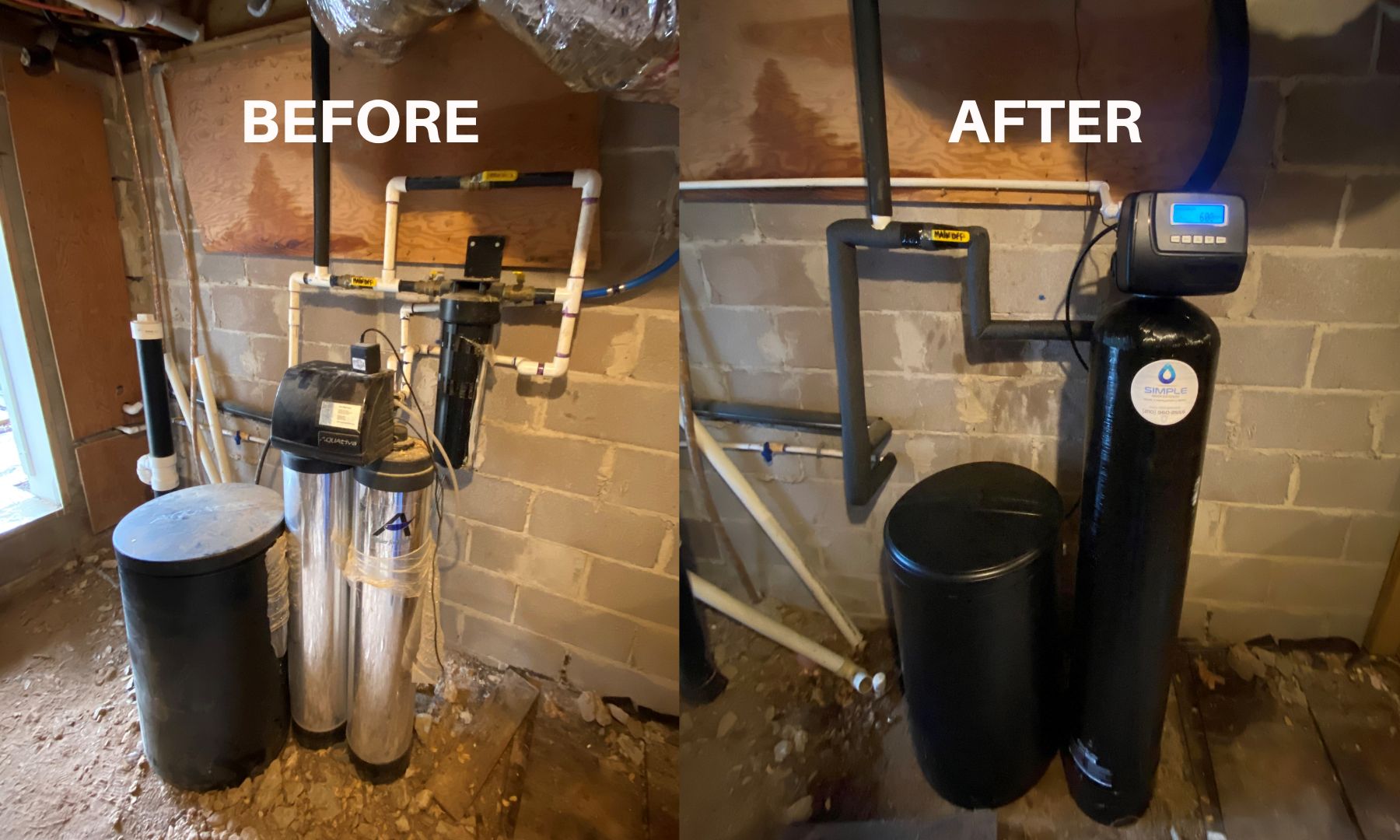
24 Jul. 2023
A Deep Dive into Simple Water Softeners: Unfiltered Reviews
Are you tired of dealing with the hard water problems in your home? It can be exasperating to find your appliances wearing out faster than expected, or your skin feeling dry and irritated after a shower. This is where Simple Water Softeners come into the picture. With their superior quality products and commitment to making water softening simple and accessible, they have managed to grab the attention of San Antonio and surrounding areas homeowners. In this blog post, we’ll provide detailed Simple Water Softeners reviews to help you make an informed choice for your home.
- By:Lisa Bauer
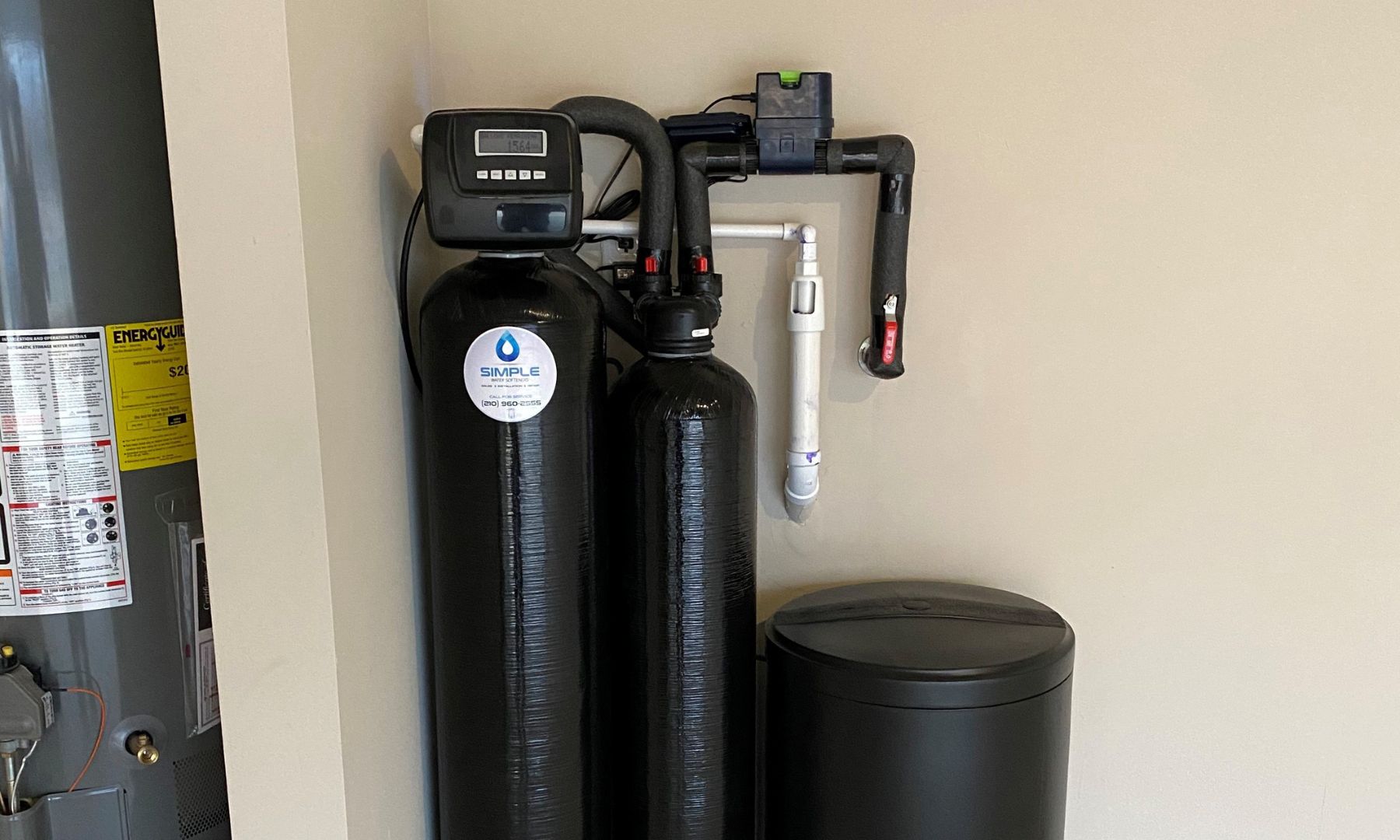
15 May. 2023
Invest in Your Home’s Future with Quality Water Softeners.
Ensuring Soft Water for Your Home: Why It Matters More Than You Think.
When it comes to investing in your new home, quality should be your top priority. You’ve likely put a lot of thought into appliances, furniture, and even the garage. But have you considered the impact of hard water on your home and possessions?
Meet the unsung hero of household appliances: the water softener. In this blog post, Lisa Bauer from Simple Water Softeners, explains the importance of having soft water in your home and how it can protect your valuable investments.
- By:Lisa Bauer

04 May. 2023
The Essential Role of Water Softeners in San Antonio Homes
In San Antonio and its surrounding areas, water softeners are more than just a luxury; they’re an essential appliance for protecting your home and enhancing your quality of life. Just as we invest in health, auto, and home insurance, it’s important to ensure that all water-using appliances in your home are safeguarded. A water softener acts as an insurance policy for everything that comes into contact with water in your home.
- By:Lisa Bauer
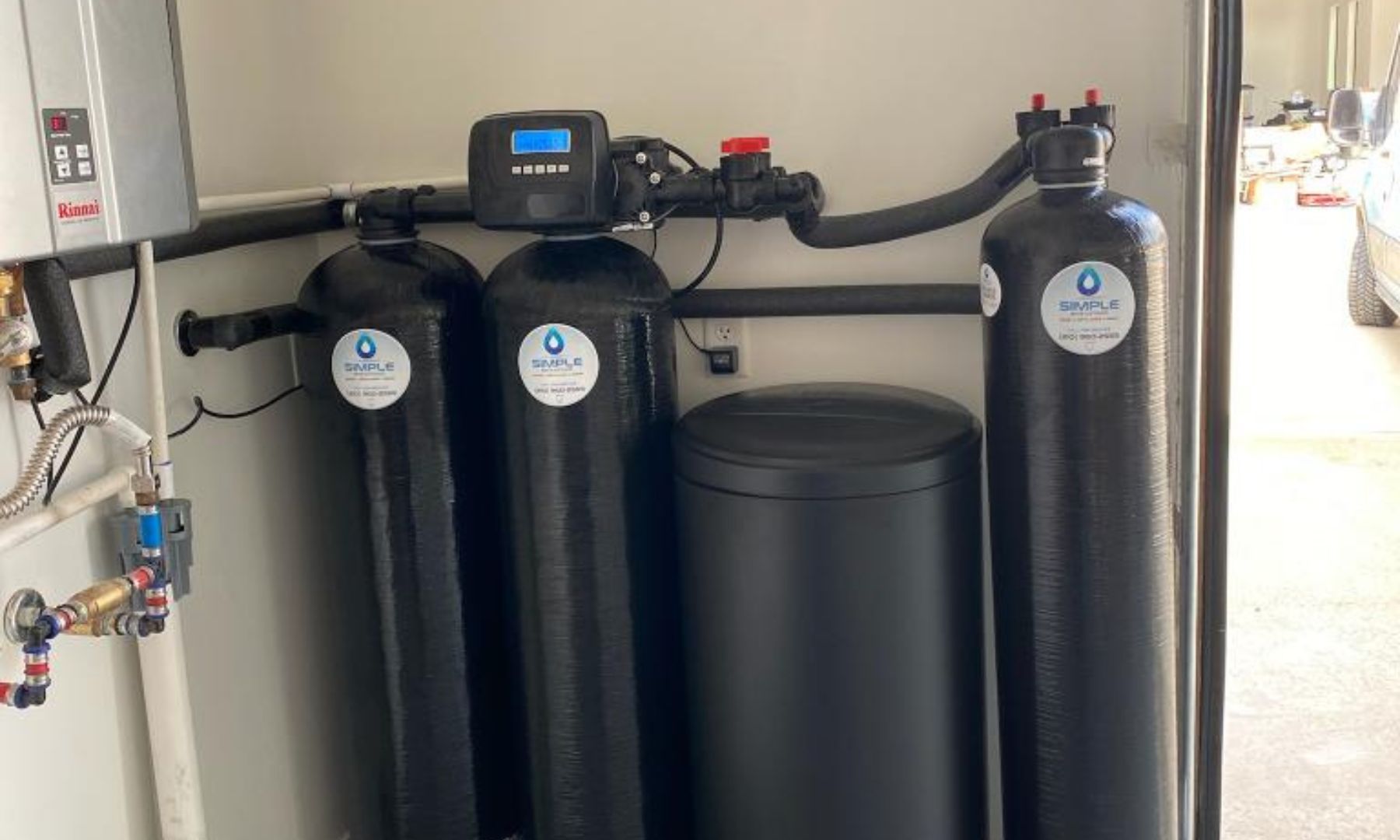
09 Feb. 2023
Chlorine or chloramine in your water in San Antonio, Texas? A Whole House Filtration System may be the solution for you!
Chlorine and chloramine are both disinfectants used in water treatment systems, but they can have negative effects on your health and the environment. Installing a Whole House Filtration System can help reduce or eliminate these contaminants and provide you with clean and safe water. In this blog post, we’ll discuss the benefits of a Whole House Filtration System and how it can help you get rid of chlorine or chloramine in your water in San Antonio, Texas.
- By:Lisa Bauer
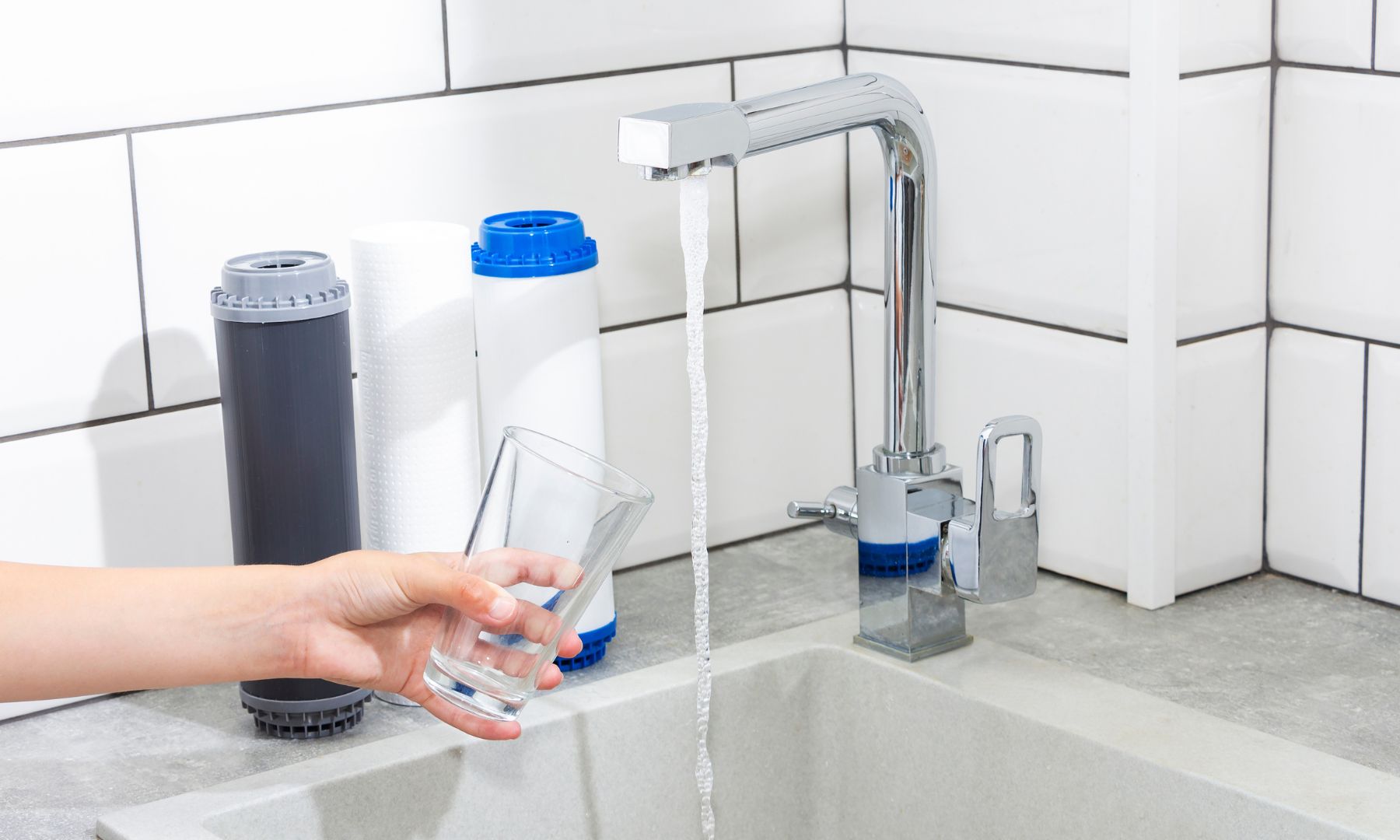
17 Nov. 2022
Hardest Working Appliance in the House
A water softener is the hardest working appliance in the house. However, this is the only device that so many will try to go the cheap way.
A water softener protects your biggest investment, YOUR HOME. Protects everything that hard water touches. The hot water heater is greatly affected by hard water. It can shorten the lifespan drastically. The washing machine, dishwasher, ice maker, coffee pots, faucets, glass in the showers are all affected by hard water and not in a good way, it’s just expensive.
- By:Lisa Bauer
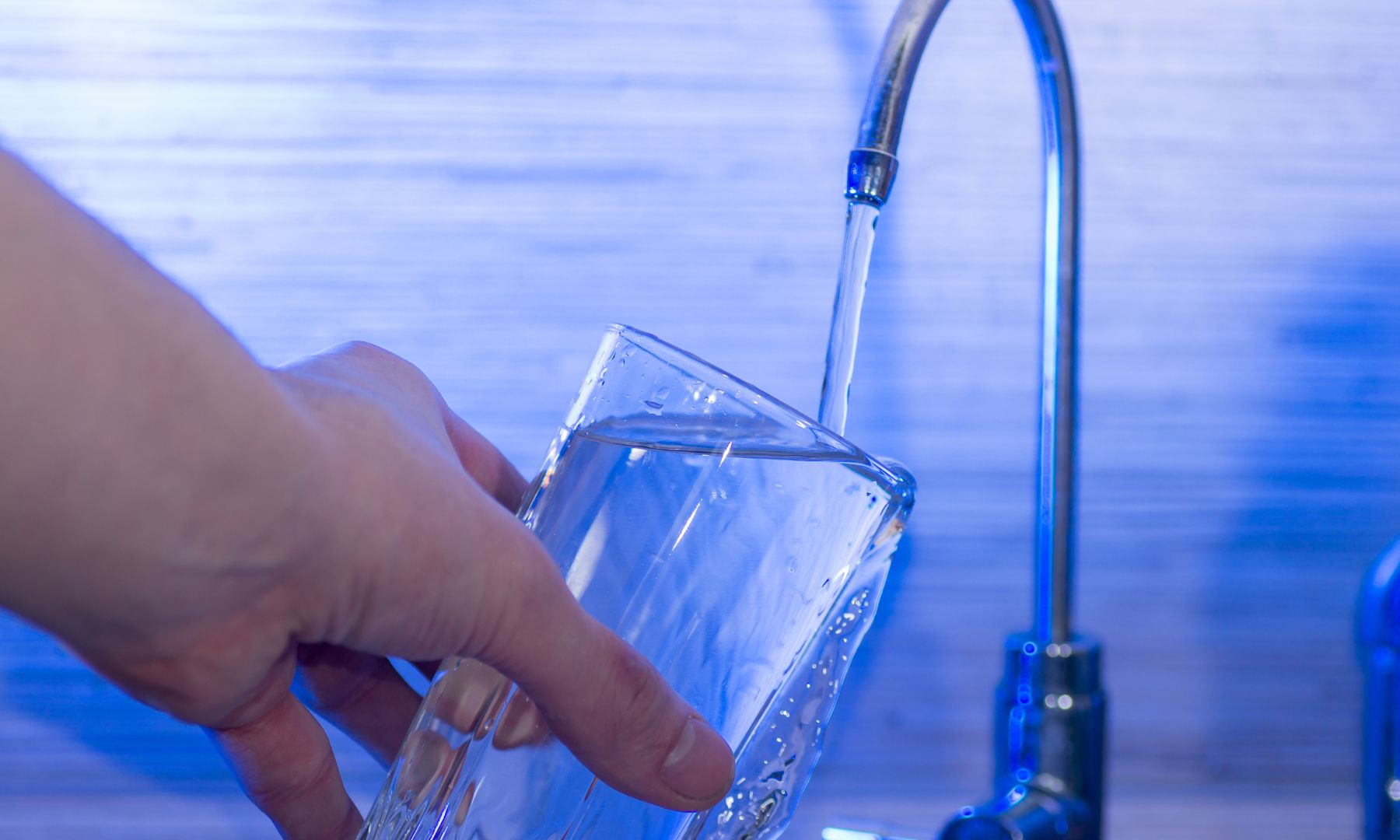
22 Jul. 2022
Water Filtration
Water softener will remove the calcium and magnesium from the water. Make it to where you have soft water coming into the house. To remove the hardness prior to coming into the house it will have to be a salt based system.
- 1
- 2
